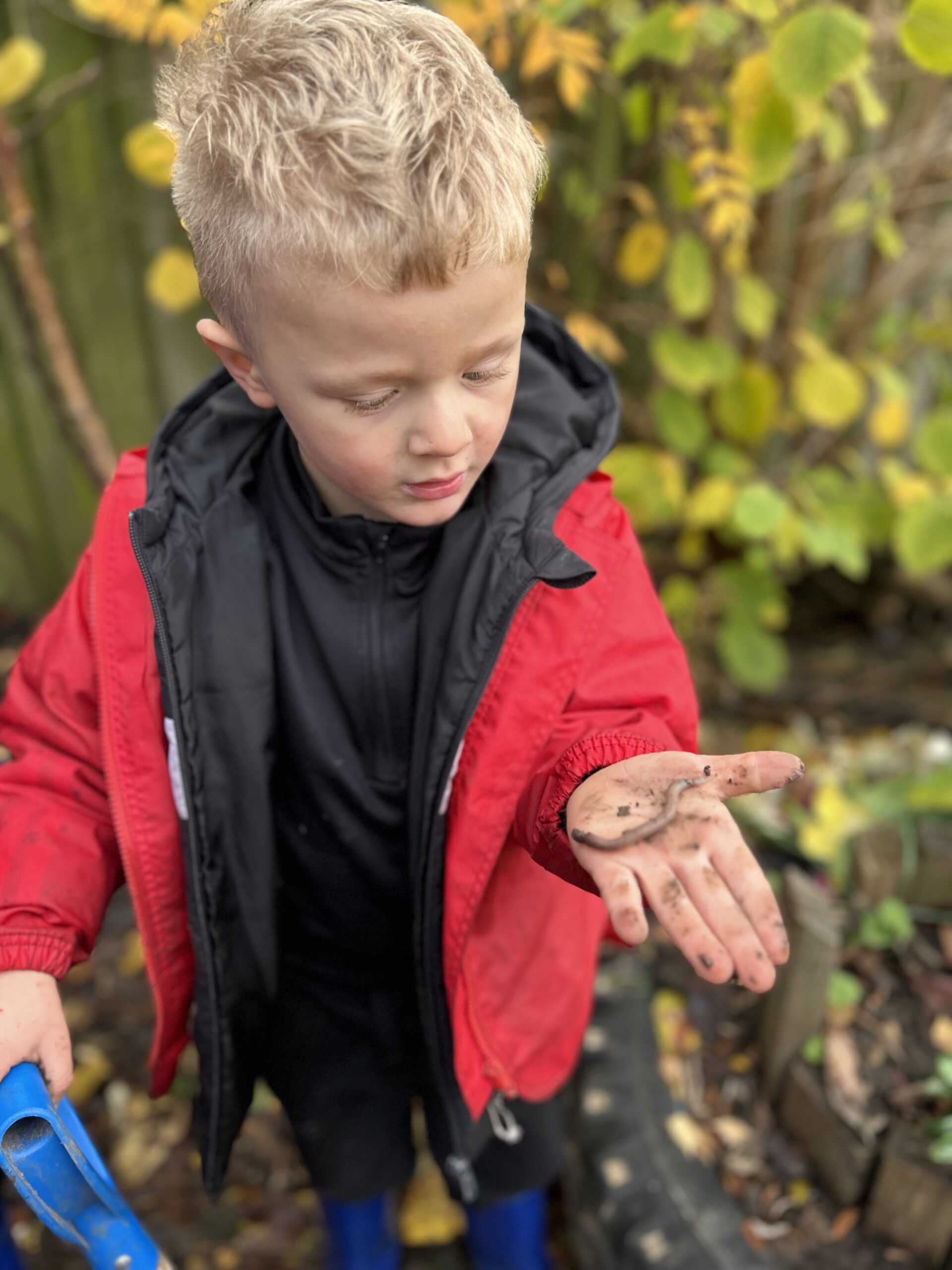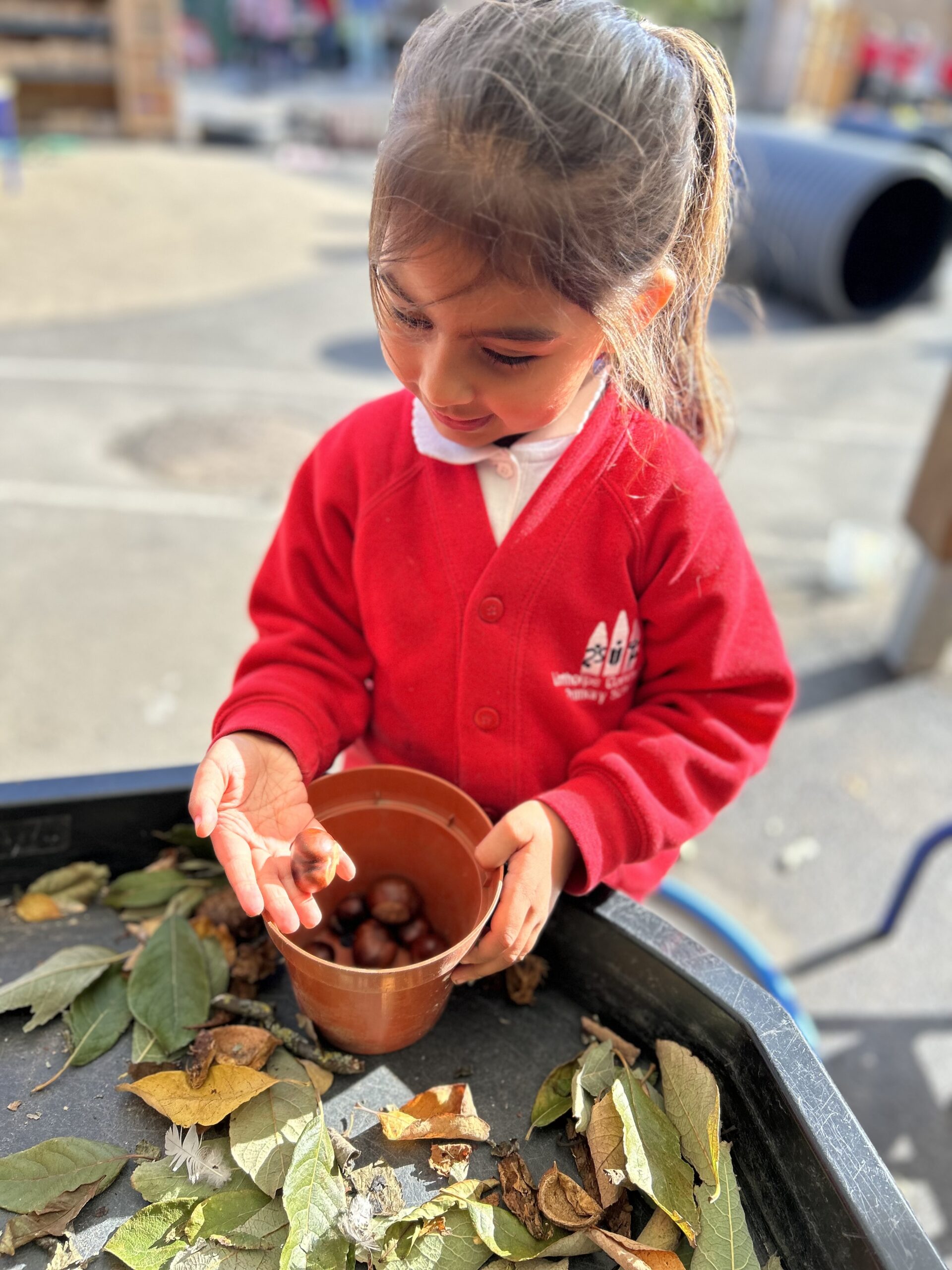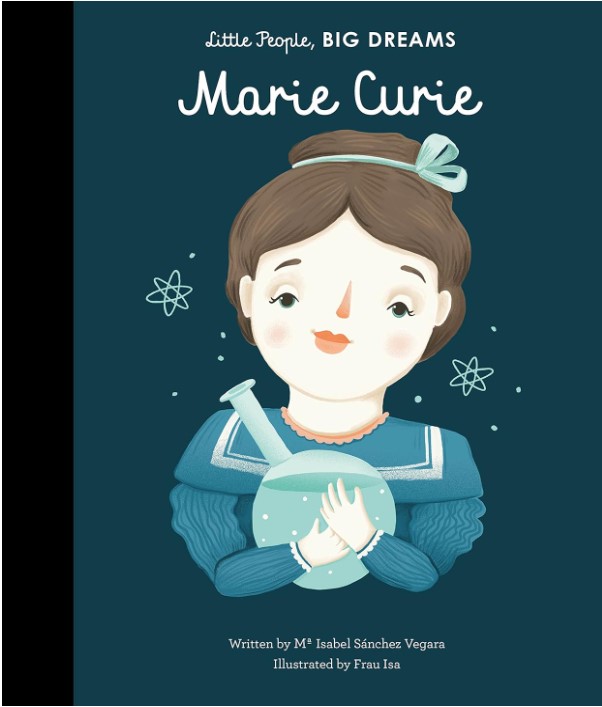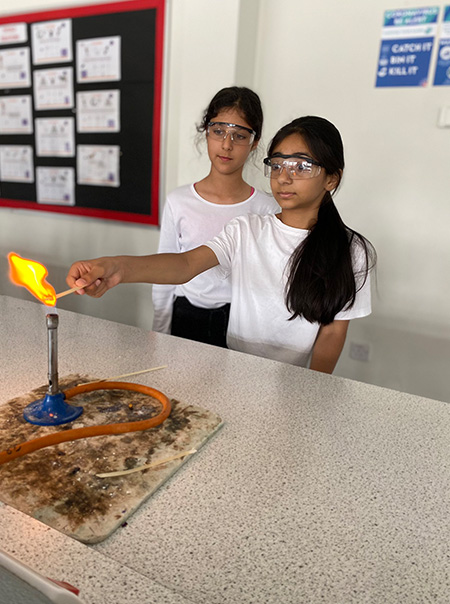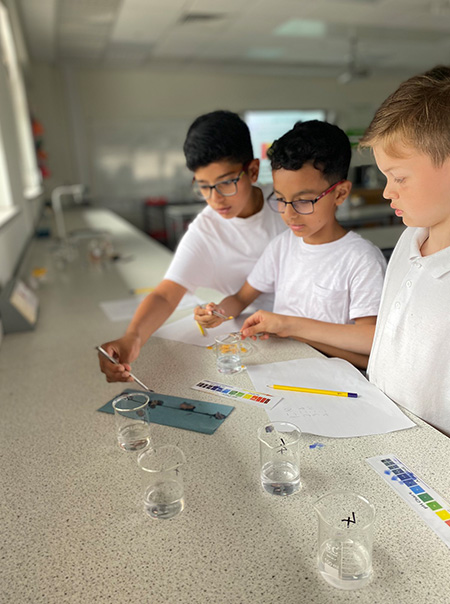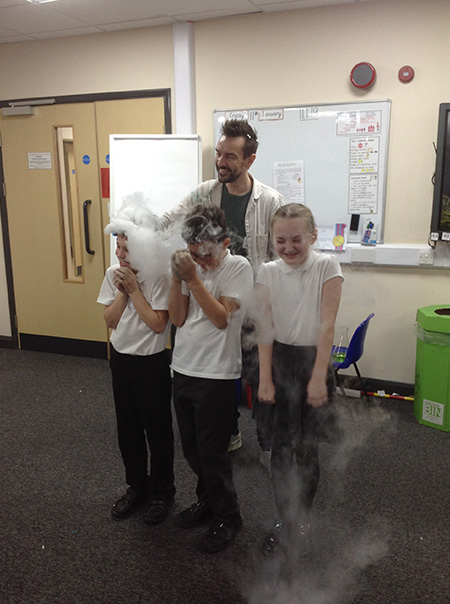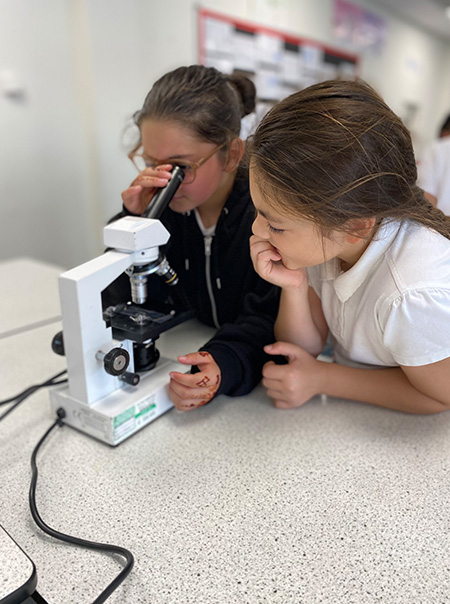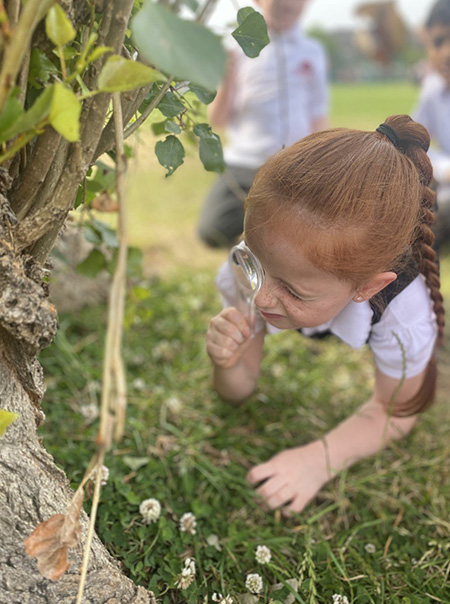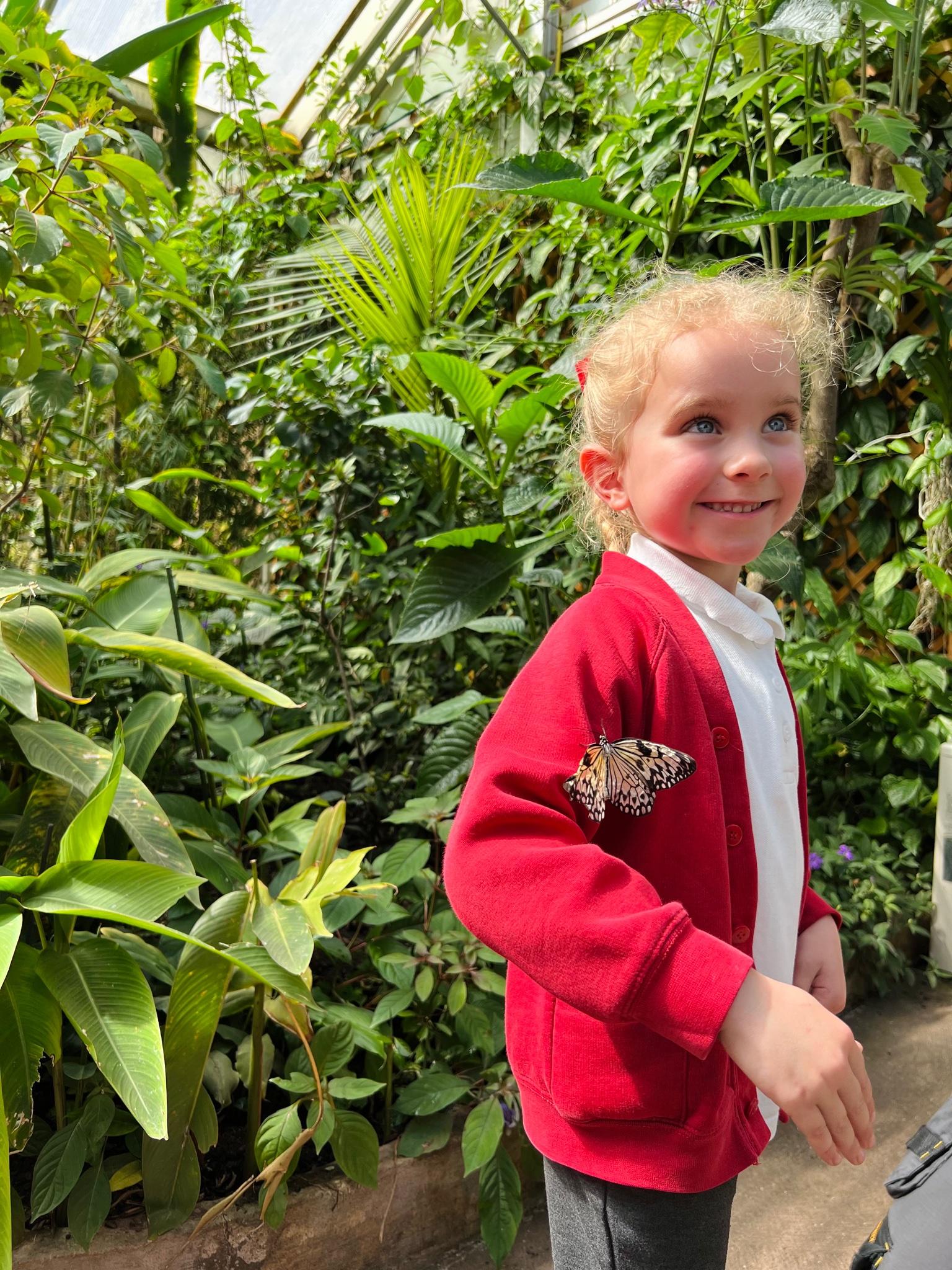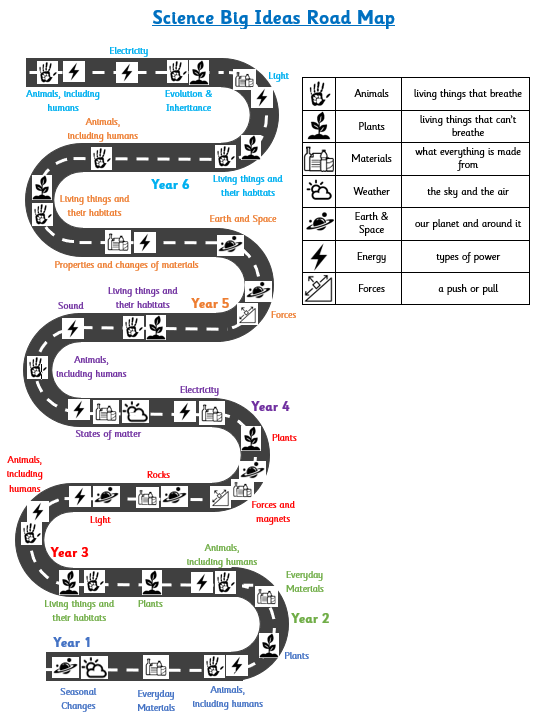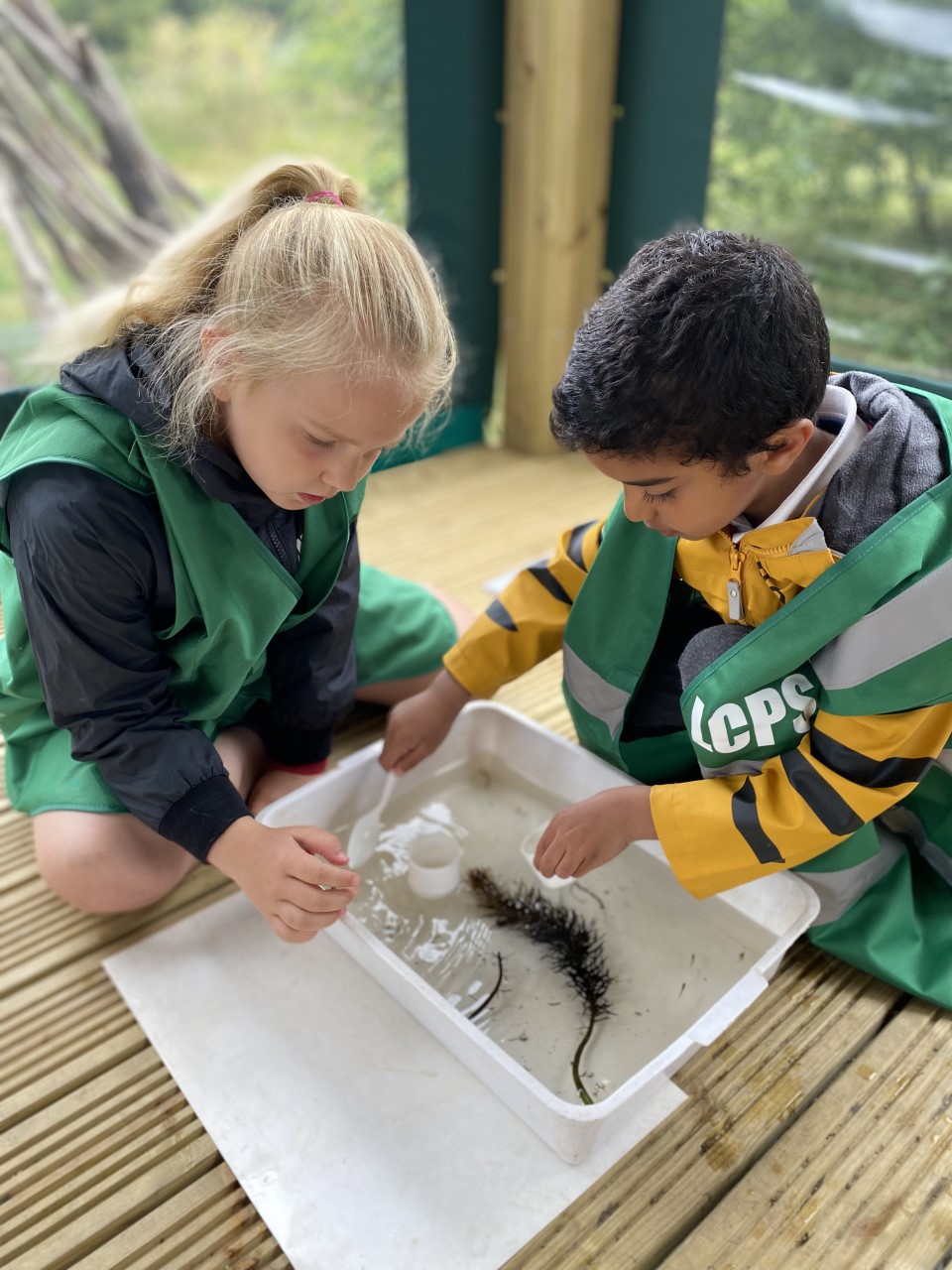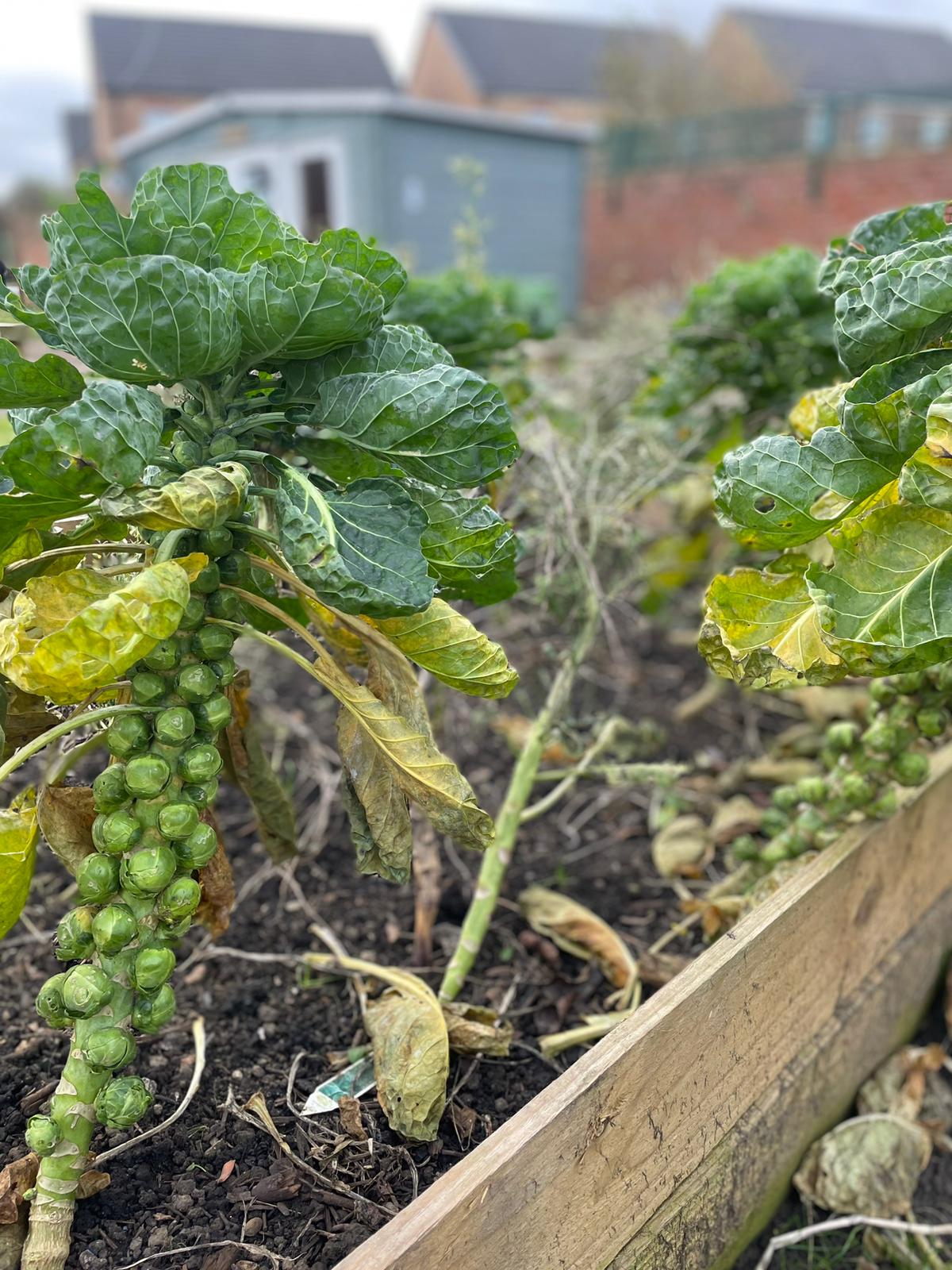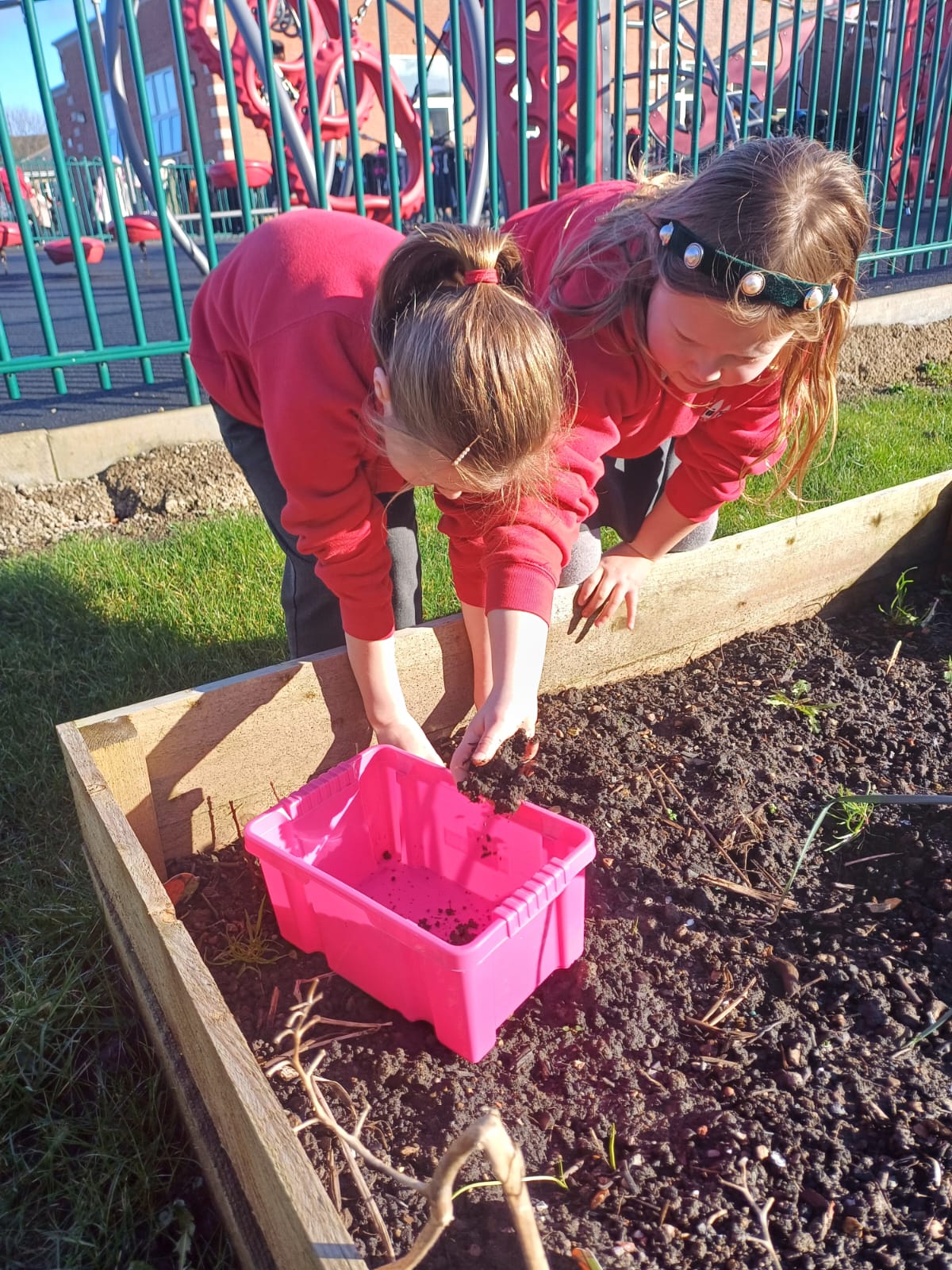Wider Curriculum
Science
“The important thing is to never stop questioning.”- Albert Einstein
All children have an innate curiosity and wonder about the world around them. At Linthorpe Community Primary School, we aim to foster this natural interest in science and encourage children to question and investigate in order to help them better understand their world.
Our ambitious science curriculum has been carefully designed, reviewed and refined using the latest Ofsted Research Review for Science 2022. Our curriculum engages, challenges and encourages children to be inquisitive and clearly sets out the knowledge, skills and vocabulary that pupils gain at each stage of their learning journey. Our Knowledge Organisers provide clear end points that the curriculum is building towards and carefully sequenced lessons that ensure that pupils progress well over time.
Laying the foundations
We begin to foster natural curiosity, enquiry and observational skills with our youngest children in the Early Years Foundation Stage. Understanding of the World is one of the specific areas of the Early Years Foundation Stage curriculum. Within this aspect, children are guided to use investigation and exploration to develop their understanding of the natural world.
Our early years provision has been carefully crafted to develop essential knowledge, vocabulary and skills to enable children to make sense of the physical world around them. In the Early Years, children are encouraged to be scientists by using their senses to investigate materials, notice and discuss similarities and differences in patterns and observe and describe what they can see.
Children are encouraged to explore their setting, both indoors and outdoors, which is well- planned and resourced allowing opportunities to develop early key skills in science. Emphasis is placed on being curious; children are encouraged to ask questions about why things happen and how things work.
Science in the Early Years is enriched through visitors and annual school trips.
Our expert teachers carefully plan lessons that introduce simple concepts from each discipline of Physics, biology, chemistry and working scientifically. This allows children to confidently transition to the next Key Stage of their scientific learning.
Scientific vocabulary is introduced, displayed and revisited regularly so that children are able to successfully use and understand these key terms. Children are exposed to a range of fiction and non-fiction science books that contain scientists from under- represented groups.
We have high academic ambition for all of our pupils and we adapt this curriculum accordingly to meet the needs of all our children.
Through careful planning and preparation, children gain the knowledge and scientific understanding that is required to be successful in the modern world.
Our curriculum encompasses the acquisition of knowledge alongside how to ‘think like a scientist’ to ensure children gain a deeper understanding of the world around them and encourage greater success as adults.
We provide a broad and balanced curriculum that builds on the knowledge and understanding of the world that our children develop across EYFS.
Our curriculum has continuity and progression and fosters a positive attitude to science as an interesting and exciting part of the curriculum. Children are provided with the confidence to apply their knowledge, skills and ideas in real life contexts both within and outside the classroom and are aware of the uses of science in the wider world.
Via an enriched National Curriculum+ offer, our ‘Enhance & Excel’ programme and our ‘50 Fantastic Things’, we ensure that children have as many opportunities to make meaningful links to real life contexts and experiences.
Big Ideas of Science
Our Science curriculum uses the National Curriculum to structure learning using the following ‘Big ideas of Science’.
These are: Animals, Plants, Materials, Weather, Earth & Space, Energy and Forces. Our Big Ideas help our children to connect their knowledge. Pupils build on their prior learning to develop rich schema over time.
Click on the image below to see our Big Ideas Road Map.
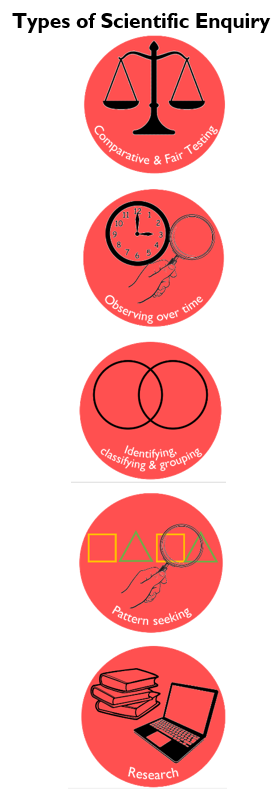
We are Scientists!
Through a range of rich and practical enquiries, our children develop their disciplinary knowledge of working scientifically and their understanding of science in the real world. Teachers use creative teaching approaches to foster a sense of awe and wonder about the natural world while encouraging children to explore, question and investigate.
We place a great emphasis on children learning and using correct scientific vocabulary and terminology and we encourage children to speak like scientists by modelling high-quality exploratory language.
In addition to teaching the core substantive ideas of science, children also learn about key scientists from around the world, who have made discoveries and contributed to our current understanding of the ‘big ideas’. We place a great emphasis on the diversity of scientists as we want all of our children to see themselves in our curriculum and believe that they are capable of great scientific discoveries too. Science is taught weekly throughout the year.
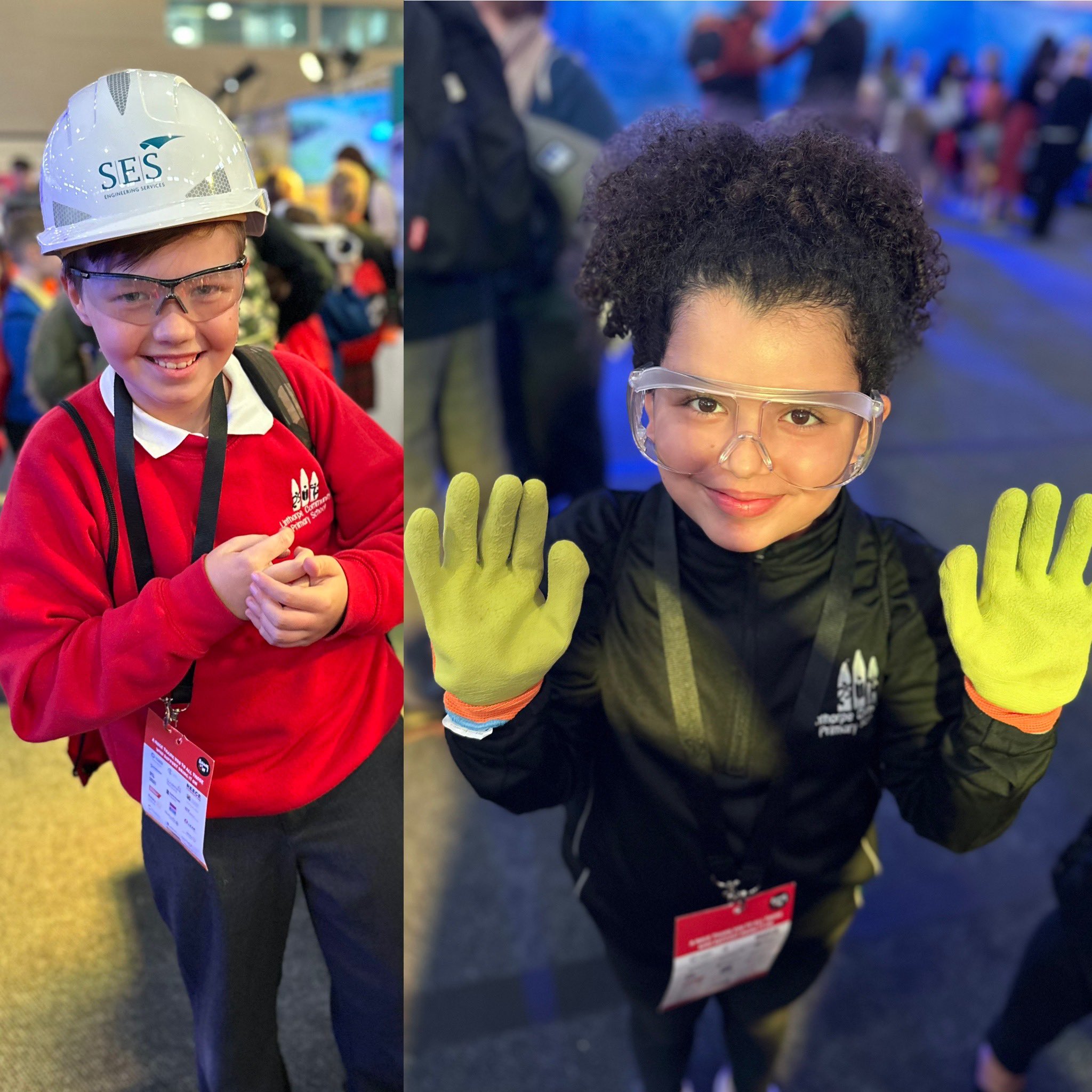
Our Sustainability Garden
Gardening is the study of life. The simple act of caring for living things and plants gives children a foundation for understanding the principles of birth, growth, maturity, competition, cooperation and many other lessons that transfer to human lives. Children who garden get a close-up look at natural processes and the living organisms that thrive in these environments. By learning to care for a living, breathing ecosystem, children develop an understanding of nature’s importance in their lives and the lives of other beings. Research also shows that school gardens can support children to learn better, both academically and emotionally.
Our LCPS garden has been developed and is maintained by the staff and pupils of Linthorpe School and is a wonderful space where our pupils grow vegetables and herbs that are used in food technology lessons or delivered as gifts to our neighbours in the community. Our school garden also has an important role in helping to prepare our pupils for climate change. As the global climate warms, the world faces an increased need for food security, sustainability and environmental stewardship.
Our garden is used to teach subjects such as science and geography and is also used as a sensory garden for those pupils who require a more sensory diet. Our gardening club meet weekly to plant and grow a range of different vegetables, fruits, herbs and edible flowers and work with a regular visitor to our school, the Deputy Mayor of Middlesbrough, to take care of our garden.
Documents
Please see below for a selection of our curriculum planning.
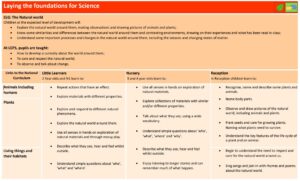
EYFS Laying the Foundations in Science
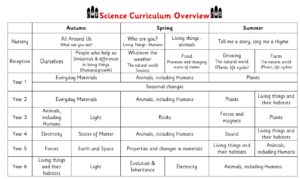
Whole School Science Overview
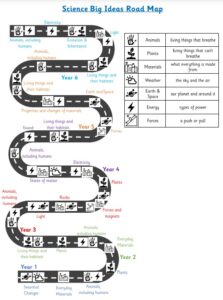
Science Big Ideas Roadmap
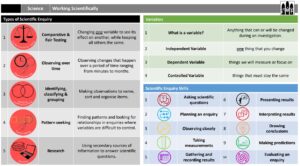
Working Scientifically
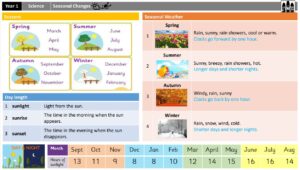
Y1 Seasonal Changes
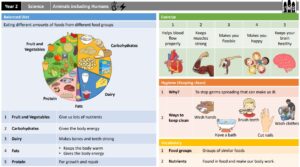
Y2 Animals including humans
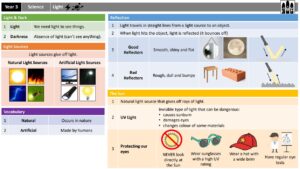
Y3 Light
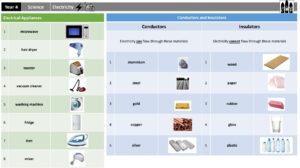
Y4 Electricity
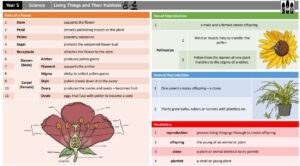
Y5 Living things and their habitats
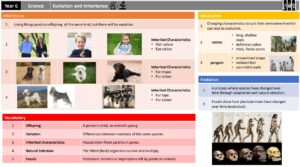
Y6 Evolution and inheritance



